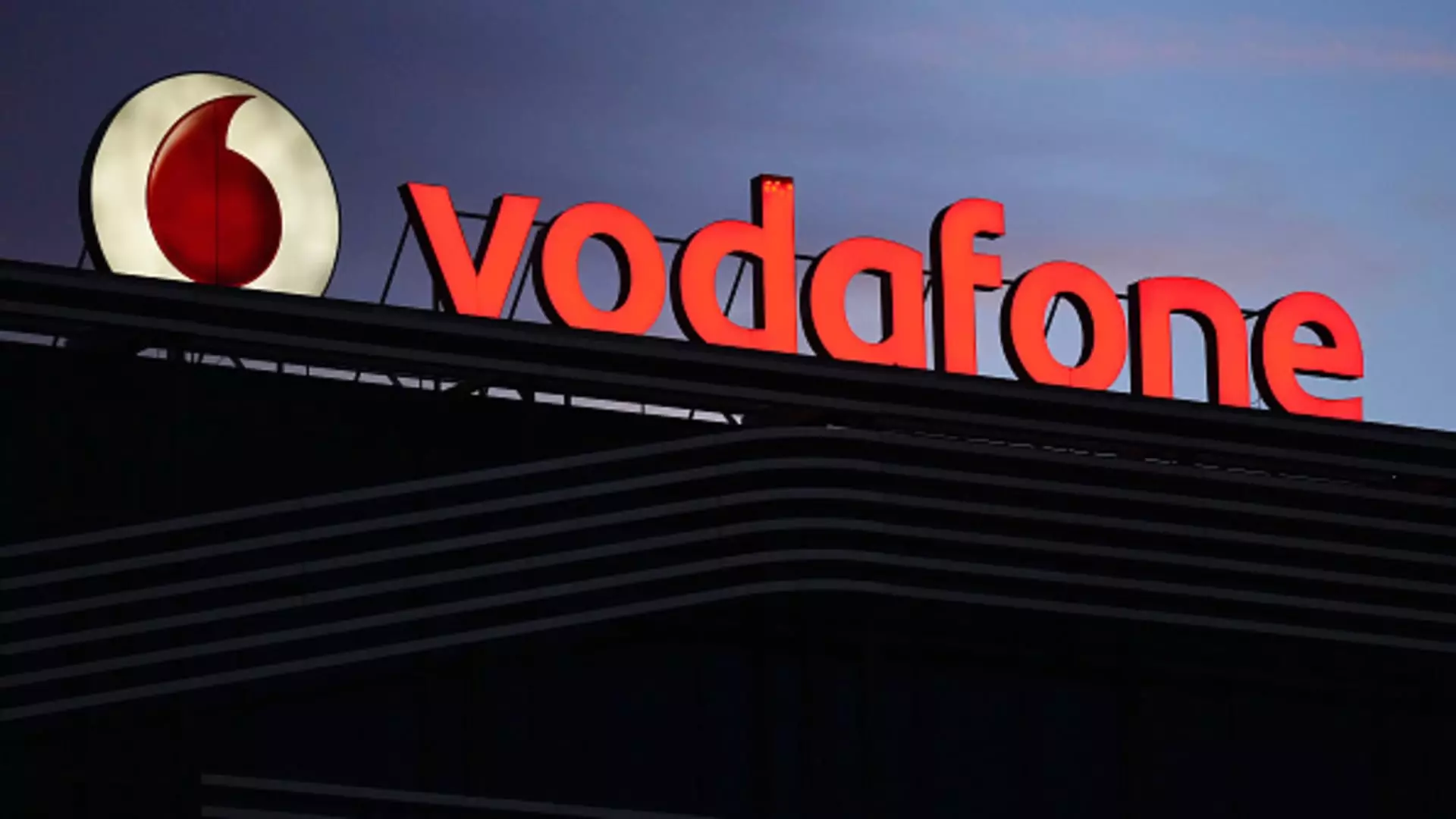The Competition and Markets Authority (CMA) in the U.K. has raised concerns over Vodafone’s planned merger with rival CK Hutchison, prompting an in-depth investigation unless satisfactory solutions are provided to alleviate the regulator’s apprehensions. The CMA’s main worry is that this merger could result in a significant decrease in competition, leading to higher prices for consumers and creating an unfavorable environment for mobile virtual network operators (MVNOs).
Vodafone and CK Hutchison’s proposed merger could potentially reshape the U.K. mobile market landscape by merging two of the country’s major network providers. This consolidation could reduce the number of choices available to consumers and limit competition, ultimately resulting in higher prices and reduced quality of services. The potential merger would give Vodafone a controlling stake of 51% in the new entity, with CK Hutchison retaining a minority interest.
Concerns for MVNOs
The CMA also expressed concerns about the potential negative impact on MVNOs, such as Sky Mobile, Lebara, and Lyca Mobile, that rely on Vodafone and Three’s network infrastructure to provide services to their customers. The merger could make it more challenging for these MVNOs to negotiate favorable deals, thus limiting their ability to offer competitive services and pricing to consumers.
Despite the CMA’s reservations, Vodafone and CK Hutchison remain optimistic about the benefits of the proposed merger. They believe that by combining their resources, they can create a stronger competitor in the market, capable of challenging dominant players like EE and Virgin Media O2. Vodafone’s CEO emphasized the potential for the merged entity to enhance competition, offer more choices to MVNOs, and ultimately benefit consumers and the country as a whole.
The CEOs of both Vodafone and Three U.K. see the merger as an opportunity to revolutionize the U.K. mobile market by creating a third major player with the scale and resources to drive innovation and investment in advanced network technologies. They argue that the current market structure is holding back progress and that the merger will propel the U.K. into the digital fast lane, benefiting consumers and competition alike.
While the proposed merger between Vodafone and CK Hutchison presents potential benefits in terms of improved competition and network capabilities, it also raises valid concerns regarding market concentration, pricing, and the impact on MVNOs. The regulatory scrutiny and public debate surrounding this merger underline the complexities of balancing competition and consumer interests in a rapidly evolving mobile telecommunications sector. Only time will tell whether this merger will be approved and how it will shape the future of the U.K. mobile market.


Leave a Reply